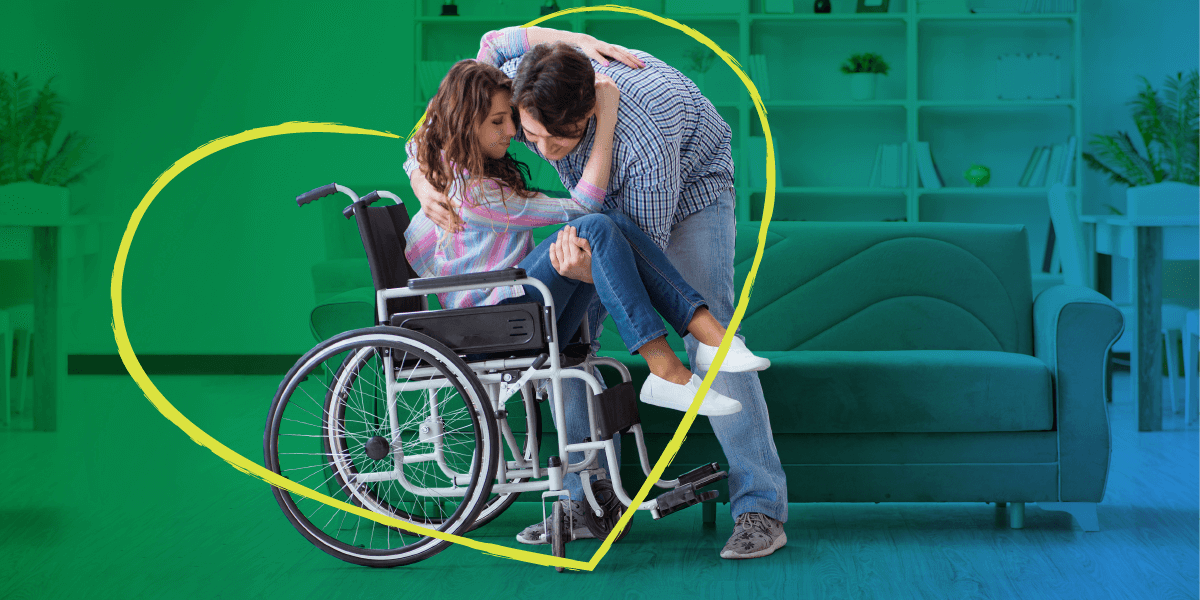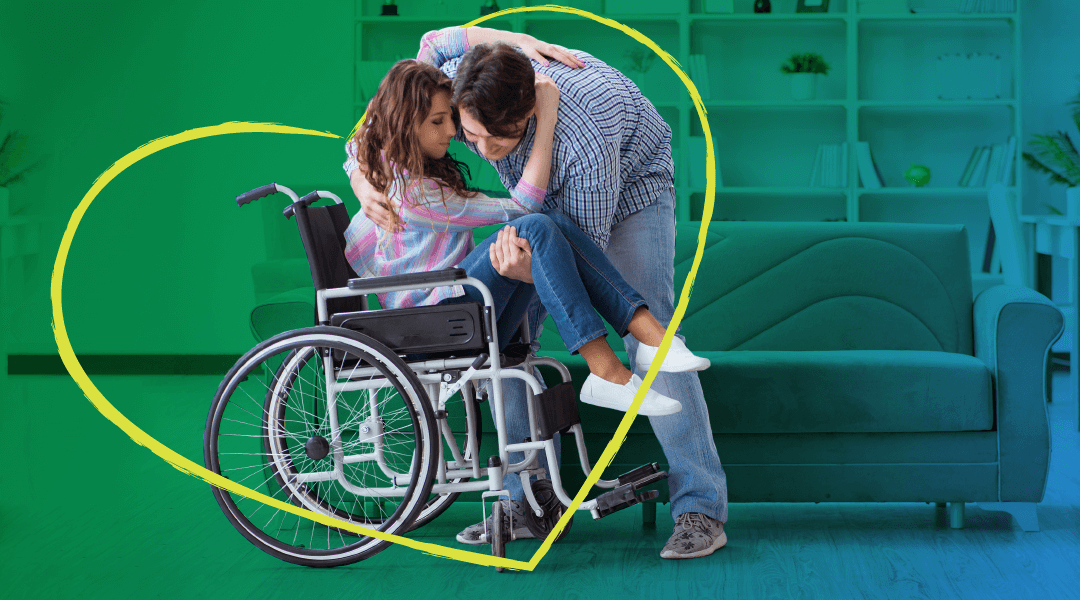By: George Simpson, CMT Research Foundation volunteer
With no treatments or cures currently available for people with Charcot-Marie-Tooth disease, caring for someone with CMT may feel daunting. As a dad of a daughter with CMT and a friend to many with the disease, I know first-hand how physically and mentally challenging living with the disease can be. Here are three ways to help someone with Charcot-Marie-Tooth and be a supportive CMT caregiver.

1. Get to know the disease.
Empower yourself with knowledge about CMT so you can better support your loved one and understand what is happening inside their body. CMT patient organizations like the CMT Research Foundation offer a great deal of information about the disease as well as insights from medical experts and scientists related to drug development. Staying informed about research in the pipeline is also a great way to share positive and promising information with your loved one.
2. Recognize that CMT is not just a physical disease.
In people with CMT, the nerves that control the muscles have trouble sending signals to and from the brain, resulting in many physical challenges as muscles weaken and deteriorate. Patients experience a wide variety of symptoms, including difficulty doing everyday tasks and daily pain. While it is critical to understand the physical effects of the disease as a CMT caregiver, it’s equally important to recognize its emotional impact. Living with CMT and the challenges it brings can lead to significant depression and uncertainty about the future. Many may internalize their feelings of fear and “being different” which can manifest in ways that are not readily apparent to you. Encourage your loved one to seek counseling from a licensed therapist who has treated chronic disease patients.
SEE MORE STORIES FROM CMT PATIENTS & FAMILIES
3. Be a fierce advocate for your loved one.
Accompany your loved one to medical appointments so you can ask the tough questions necessary to know everything you need to provide physical and mental support. If you hear answers like, “We don’t know,” or “there’s nothing you can do,” continue asking questions, seeking additional experts and understanding the research underway and on the horizon to empower yourself and your loved one with answers.
Help Us Help You
After more than 130 years since discovering CMT, there has never been a more exciting or promising time in CMT drug development and scientific discovery. One of the most meaningful ways to support someone with CMT is to donate to support research that could improve or save their lives. You can make a gift to the CMT Research Foundation in your loved one’s honor. When you do, we’ll send a message letting them know about your support.
George Simpson is a media relations expert with more than 30 years of experience working with organizations like NEWSWEEK and Simon & Schuster before starting his own company in 1986. George is also a dad of three, with a daughter who is living with CMT1A.

